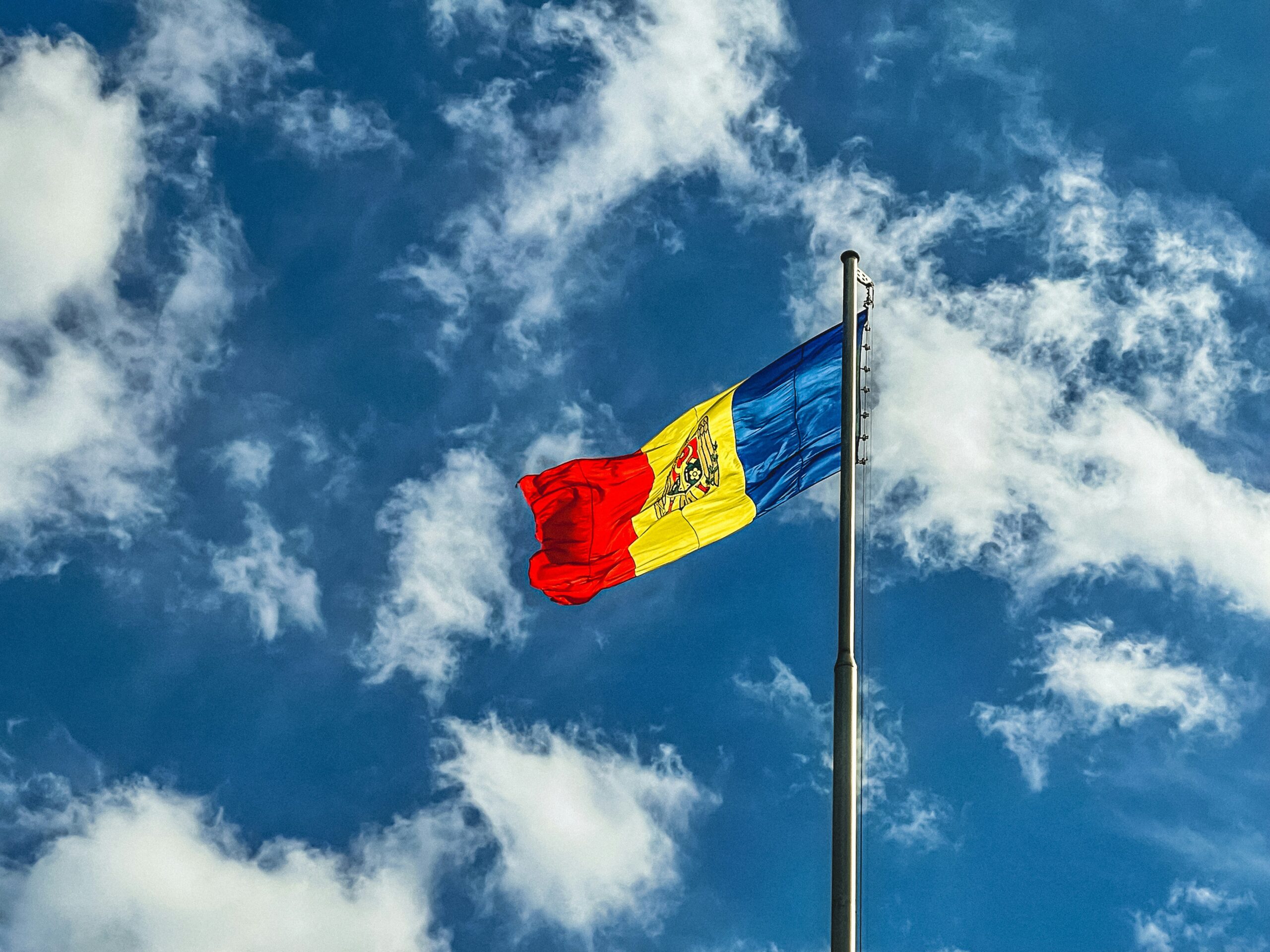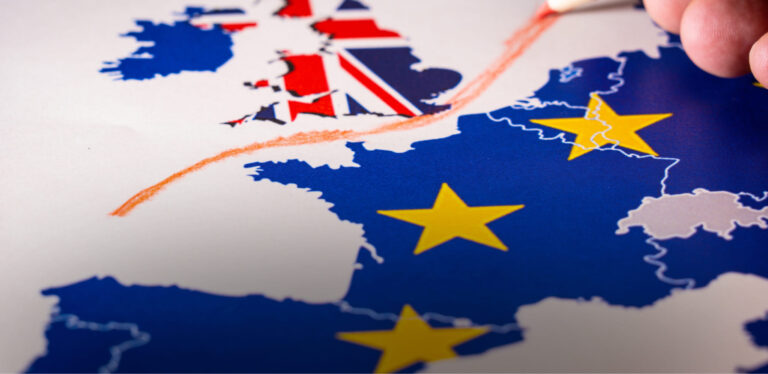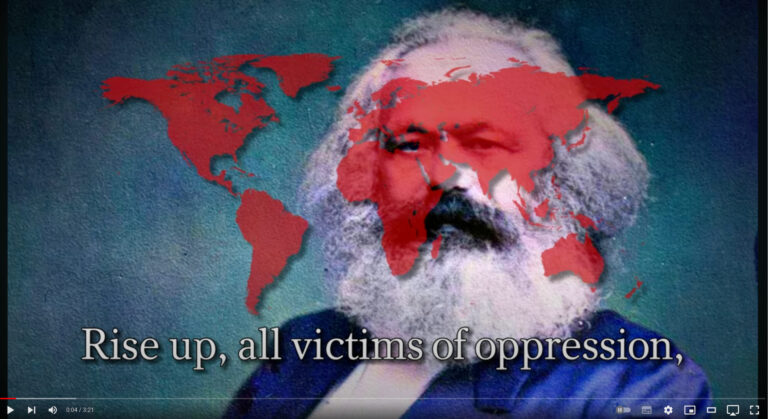Elections 2024: Is Moldova Set to Drift Westward?
By Adam Bennett
At first glance, Maia Sandu should be feeling comfortable. The Moldovan president, in office since Christmas Eve of 2020, is one week away from an election for which she is polling more than three times the score of her nearest rival. It’s the kind of lead that most politicians would dream of, particularly as an incumbent government.
But there’s more to this election, to be held on October 20th, than meets the eye. For Moldovans, geographically sandwiched between Romania and the southwestern border of Ukraine, some drastically diverging futures are on offer. The key caveat to the race is that, on the same day, the former Soviet republic will conduct a referendum on whether or not to join the European Union – a potentially significant geopolitical step away from Russia and towards the West. The trouble is that, as so many politicians have discovered to their cost, the question voters feel they are answering in a referendum is rarely the one printed on the ballot.
On one hand, there is widespread positive sentiment towards the EU in Moldova. A poll carried out earlier this year by the U.S. International Republican Institute found that 66% of Moldovans identified the bloc as “one of the country’s most important political partners”. On the other hand, the act of holding an ‘in-or-out’ membership referendum has been decried as a stunt by Sandu’s opponents, aimed at driving up turnout from her own voters and distracting from other questions during the campaign. Last week, Reuters reported how some pro-EU candidates in the election were calling for their supporters to either boycott the referendum or vote ‘no’ to teach Sandu a lesson.
“It’s clear that the Kremlin wants to see thieves return to power in Moldova”
President Maia Sandu
However, the available polling data makes for cheery reading for Sandu. Support for joining the EU stands in the low 60s, and her own party – the centre-right Party of Action and Solidarity – is running in the low-to-mid 30s, with the nearest of her 10 official challengers languishing around 10%. That challenger is a man named Alexandr Stoianoglo – a former prosecutor who was personally fired by Sandu amidst claims of corruption in 2021. Soitanoglo’s candidacy has won the support of Moldova’s main opposition party (the Party of Socialists), but Sandu has attempted to depict the candidate as pro-Kremlin.
“The oligarchs and the Kremlin have come to an agreement and found their preferred candidate,” Sandu said of Soitanoglo. “It’s clear that the Kremlin wants to see thieves return to power in Moldova. Because the Kremlin knows that thieves will sell out our country, and then it can use us for its own aims.”
To be clear, however, Stoianoglo is not an openly pro-Russian candidate. He says he is a supporter of “further European integration” and has indicated he would continue down that path as president, albeit not based on Sandu’s referendum. On Russia, he has said that Moldova’s relations with the country should be “pragmatic and mutually beneficial”. A softer line than Sandu’s, perhaps – but hardly a full-throated endorsement of a country whose invasion of neighbouring Ukraine provides the key context for this election.
Moldova stands at an inflection point in the country’s history. Romanian is the country’s most common language, but a significant minority of Russian speakers underlines the deep cultural and economic ties between the two nations. Since the Ukrainian invasion in 2022, public sentiment in Moldova has shifted gradually away from Russia and towards the European Union. On October 20th, we’ll discover just how pronounced that shift has been.






